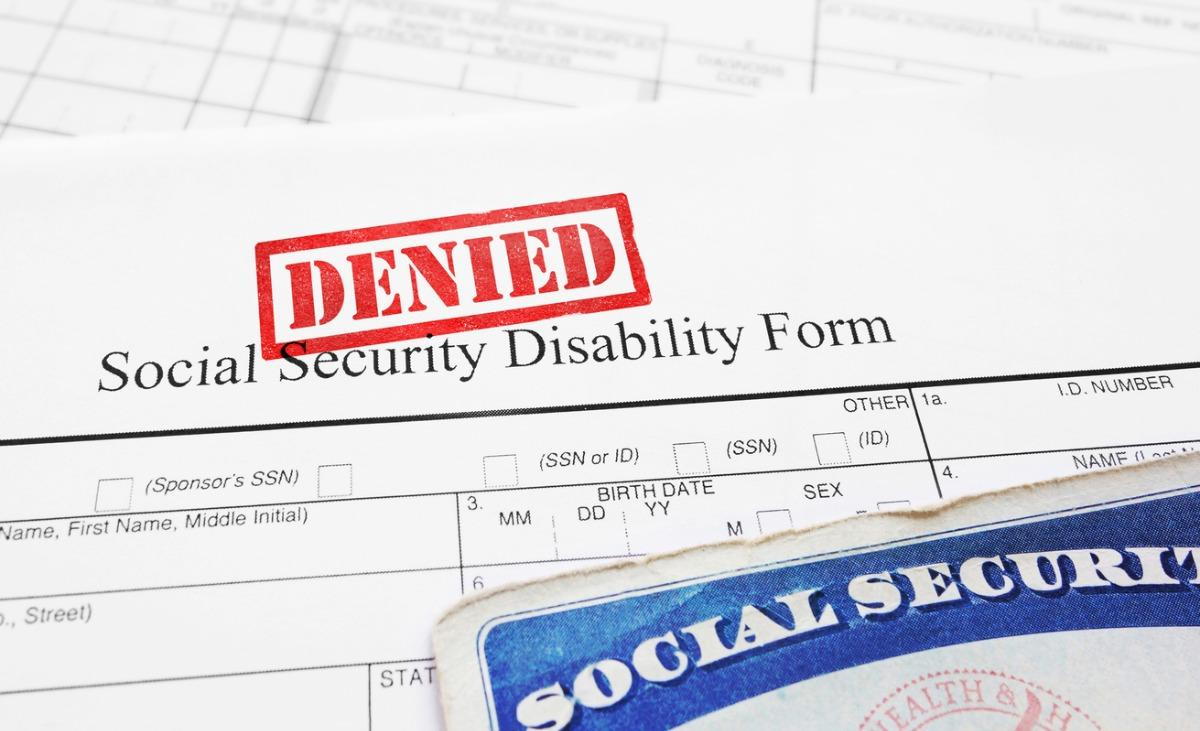
- posted: Sep. 30, 2021
- Social Security Disability
Suffering a permanent disability can significantly impact your life — not only physically and emotionally but financially as well. Social Security Disability Insurance (SSDI) are designed to help you make ends meet if you are unable to work due to a partial or disability. However, the Social Security Administration denies more than two thirds of first-time applications for SSDI benefits. Why is the refusal rate so strikingly high?
Claims for SSDI benefits are often denied due to a determination of lack of eligibility on such grounds as:
- The applicant’s income is too high — Workers make payments into the Social Security system over the course of their employment. Although they may be permitted to continue working while receiving benefits, there is a limit called “substantial gainful activity.” In other words, if a worker earns too much to be considered disabled, the application may be denied. In 2021, this usually means earnings above $1,310 per month.
- The medical condition is not deemed severe enough — In order to qualify for SSDI benefits, the applicant’s physical or mental impairment must last 12 months or result in death. The condition must also result in significant limitations on employment. If it is likely that the condition will improve within the year or the applicant is able to continue engaging in substantial employment, the claim may be denied.
An SSDI claim can also be rejected for technical reasons such as these:
- Failure to meet non-medical requirements — Claims are denied if applicants fail to provide adequate information about how much money they earned or to disclose each medical provider they have visited.
- Failure to follow a doctor’s treatment plan — While there are certain exceptions, claims are often denied if applicants did not follow doctors’ orders.
- Failure to cooperate— The Social Security Administration’s Disability Determination Services must be able to reach the applicant to schedule examinations and communicate about the claim. If the applicant cannot be reached or fails to keep appointments, the claim may be denied.
If you are applying for SSDI benefits, it’s crucial to fully understand these potential reasons for denial so you can have a better chance of having your claim approved. You may be able to increase the likelihood of success by providing Social Security with all relevant documentation, following up with your treatment when necessary and fully cooperating with the claims examiner. If your claim for benefits was denied, you might be entitled to appeal the decision.
Getting approved for SSDI benefits can be challenging, but a knowledgeable attorney can guide you through the process. Massengill, Caldwell & Coughlin, P.C. assists clients in Bristol, Kingsport and Johnson City and throughout Upper East Tennessee and Southwest Virginia in pursuing SSDI benefits and appealing denials. Call 423-797-6022 or contact us online to schedule a consultation at our Bristol office.


